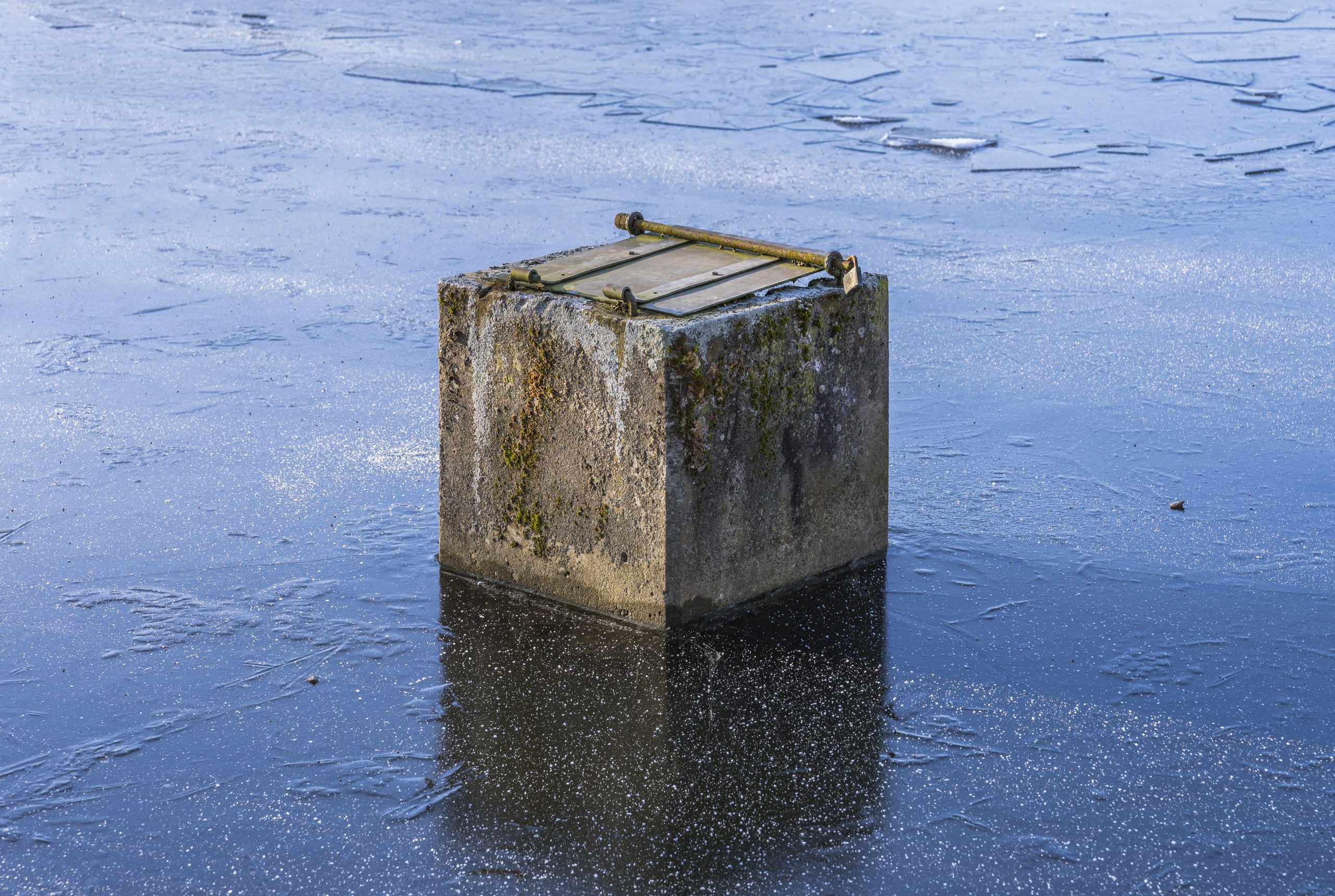
AMARILLO, TX — Local pastor Robbie Ashlock has installed a "Heresy Gong" in the sanctuary for whenever the associate pastor is up to preach.
Read More
AMARILLO, TX — Local pastor Robbie Ashlock has installed a "Heresy Gong" in the sanctuary for whenever the associate pastor is up to preach.
Read More